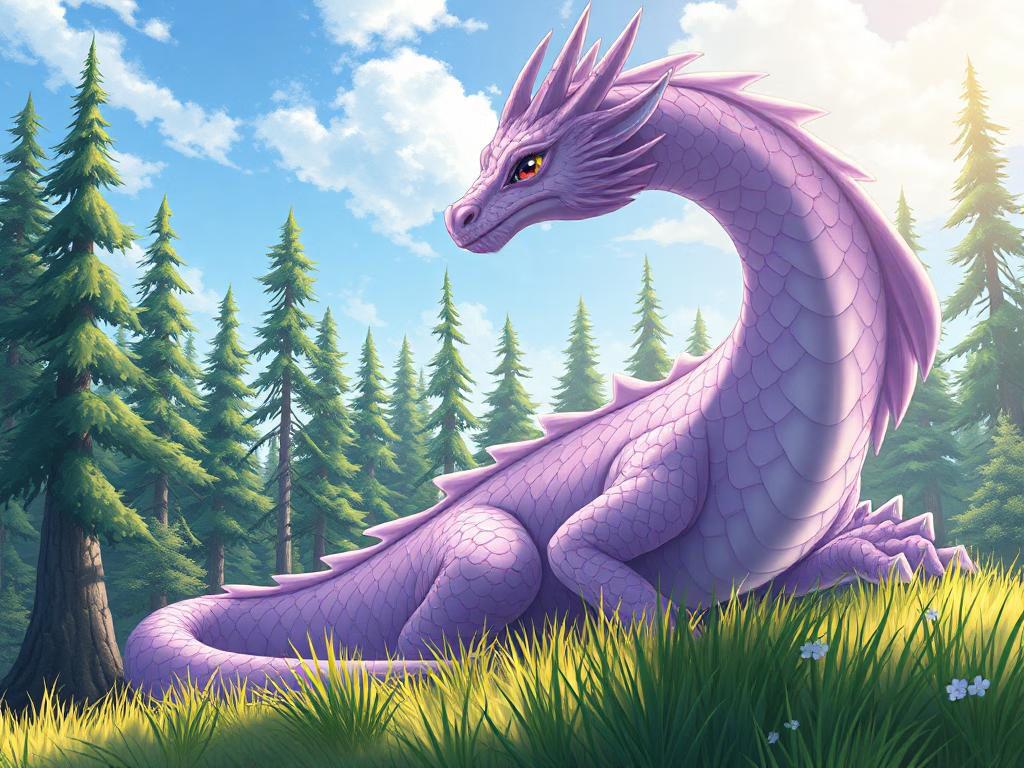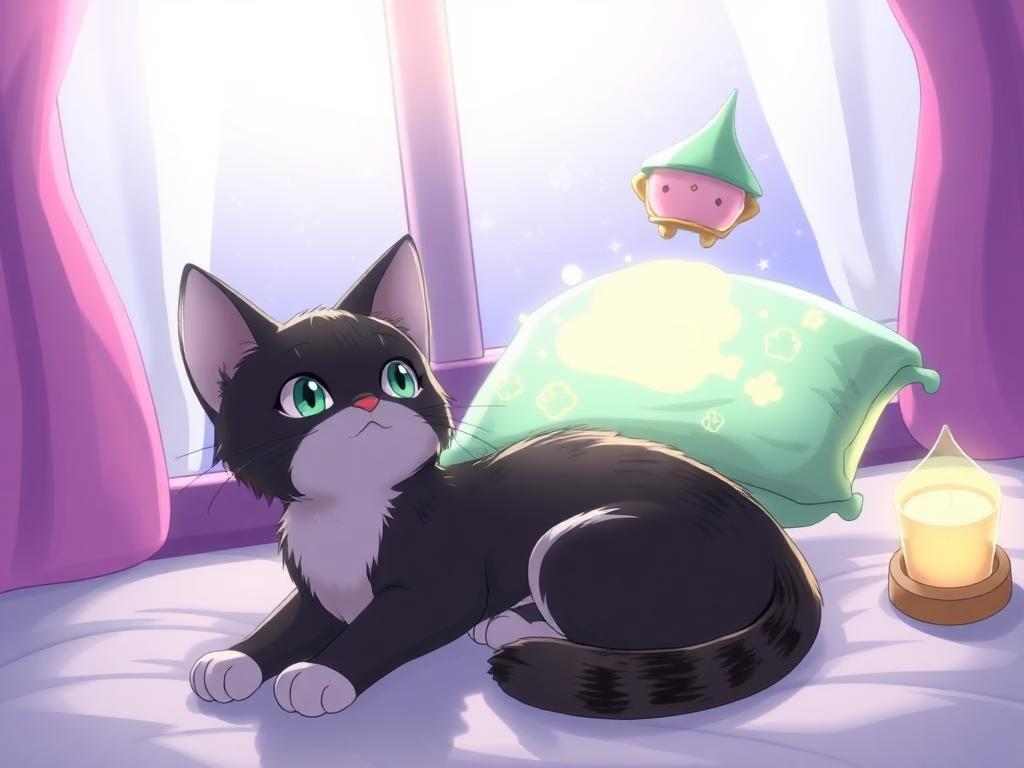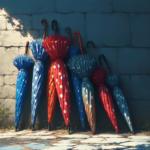
On the edge of Batu Maung, where the sea curls like a sleeping cat and the wind carries salt and memory, there lived a boy named Eddy who spoke to storms.
He was twelve, small-boned and quick-footed, with hair that curled at the temples no matter how tightly his grandmother braided it. He didn’t talk much at school—his words got stuck behind his teeth, like fishhooks in a net. But on the rooftop of his grandmother’s house, where the tiles were cracked and the iron railing leaned like a tired man, Eddy found his voice.
It began the year his mother vanished.
She had gone out with the tide, helping Old Man Jefri mend his nets before the morning catch. The sky was clear, the sea calm. But by noon, the clouds rolled in—black and sudden, like ink spilled in water. The storm didn’t thunder. It screamed. And when it passed, the boats were scattered, the nets torn, and his mother was gone.
They said the sea took her.
Eddy thought the sky did.
After that, he started leaving offerings.
Every time thunder rumbled in the distance, Eddy climbed the creaking ladder to the rooftop with a small clay plate. On it: a piece of fried banana, golden and glistening with palm sugar, sometimes a spoonful of coconut jam, or a single kaffir lime leaf. Once, he left a tiny paper boat folded from a page of his mother’s old notebook, with the words I still hear you written in pencil.
He would sit cross-legged, the wind tugging at his shirt, and whisper into the gathering dark.
“You don’t have to be angry,” he’d say.
“We remember you.
Eat something.
Please.”
At first, nothing changed. The storms came and went, rattling windows, knocking down coconuts, flooding the lower paths. But then, one evening in late October, something happened.
Eddy had just set down the plate—banana, warm from the pan—when the low growl of thunder paused mid-growl. The clouds above Batu Maung, thick and churning like boiling tar, stopped. Not just slowed. Stopped.
They hung in the air, swollen and silent, as if listening.
A single raindrop fell—then froze in midair, trembling like a jewel on a thread.
Eddy held his breath.
Then, slowly, the clouds shifted. Not away. But around the village. Like a great animal turning its shoulder. The storm passed to the north, drenching the empty hills, sparing the houses, the boats, the children playing by the shore.
Eddy didn’t tell anyone.
But he did it again the next time.
And the next.
Each storm, he offered food. Each storm, he whispered.
And each time, the clouds… hesitated.
The villagers noticed the change, of course. “Strange how the worst ones miss us now,” Old Man Jefri said, sipping tea on his porch. “Must be luck,” said the schoolteacher. “Or better forecasting,” said the new weatherman on the radio.
But Grandma knew.
She found Eddy one morning, shivering on the rooftop, the plate empty, his lips blue from the wind.
“You’re feeding the clouds,” she said, not a question.
Eddy nodded.
She didn’t laugh. She only wrapped a shawl around his shoulders and said, “Your grandfather used to say the storms were hungry. Not for houses or boats—but for memory. For being seen.”
She paused. “He called them the Rumah Awan. The House of Clouds. Where the lost winds go to rest.”
Eddy looked up. “Do you think… Mom’s in one?”
Grandma touched his cheek. “I think she’s in every quiet thing that remembers her.”
Then, in early December, the radio crackled with warnings.
Typhoon Laila, they called it. A monster born far out in the Pacific, growing stronger by the hour. Winds over 200 kilometers per hour. Storm surge predicted to flood the coast. Batu Maung was in its path.
Panic rippled through the village. Boats were hauled onto dry land. Shutters bolted. Families packed bags, preparing to flee inland.
But Eddy stood on the rooftop, staring at the horizon.
The sky was still blue, but the air was wrong. Thick. Heavy. The birds had gone silent. The sea had pulled back, exposing rocks slick with seaweed, as if the ocean were holding its breath.
And in the distance—so faint most couldn’t feel it—Eddy heard it.
Not thunder.
A song.
Low and mournful, like a woman weeping into the wind.
His chest tightened. This wasn’t just a storm.
This was grief.
That night, he climbed the hill behind the village—the one with the old lighthouse, long broken, its glass shattered, its beam long dead. He carried a basket: six fried bananas, a cup of rainwater collected during the last storm, a bundle of dried frangipani flowers, and the paper boat—now faded, the words nearly erased.
At the summit, the wind howled like a living thing.
The clouds were coming. Not in waves, but in a wall—towering, black, lit from within by slow pulses of violet lightning. The air smelled of ozone and wet earth, of deep ocean and old smoke.
Eddy set down the basket.
Then he stepped forward, arms wide, voice rising against the gale.
“I know you’re sad!” he shouted. “I am too!
But you don’t have to hurt anyone!
We remember!
I remember her!
Her laugh—like bells in the kitchen!
Her hands—how they braided my hair before school!
She loved fried banana with extra sugar!
She sang to the waves when she thought no one was listening!”
His voice cracked. Tears streamed down his face, blown sideways by the wind.
“I miss her!
But I’m still here!
And so are they!
We’re still here!”
He dropped to his knees, clutching the paper boat.
“If you carry her… if you knew her…
Then please.
Don’t take them too.
Feed on this.
On my love.
On my memory.
It’s enough.
It has to be enough.”
He raised the boat into the wind.
And let go.
For a heartbeat—nothing.
Then, the storm paused.
The wall of clouds shuddered. The lightning dimmed. The wind dropped to a whisper.
And the paper boat—instead of falling—rose.
Up. Up. Into the heart of the tempest.
And for the briefest moment, Eddy saw it: a shape within the clouds. Not a face. Not a body. But a presence—vast and sorrowful, like a whale gliding through the deep.
And then, slowly, the storm turned.
Not away. But around.
Like a great hand lifting, then curling into a wave.
It passed to the east, drenching uninhabited cliffs, shaking the trees, roaring over empty shores. Batu Maung felt only a few heavy drops, a gust of warm wind, and then—stillness.
By morning, the sky was clear.
The village stood. The boats remained. The children played in the sand, unaware of what had almost been.
Only Eddy stood on the rooftop, staring at the empty plate.
And there, glistening in the dawn light, was a single drop of something thick and golden—like palm sugar, but warmer.
He touched it with his finger.
It smelled like fried banana.
And for the first time in years, the wind that brushed his cheek didn’t feel like absence.
It felt like an answer.
Years later, when storms gather on the edge of the sea, the people of Batu Maung still tell the story.
Of the boy who fed the clouds.
Of the typhoon that turned away.
Of the paper boat that sailed into the sky.
And sometimes—on quiet nights, when the breeze hums just right—young mothers will point to the horizon and whisper to their children:
“Listen.”
And if the wind answers, soft and low, like a lullaby carried on rain, they smile.
Because some storms aren’t meant to be feared.
They’re meant to be remembered.
And someone, somewhere, is still feeding them.
The End.










